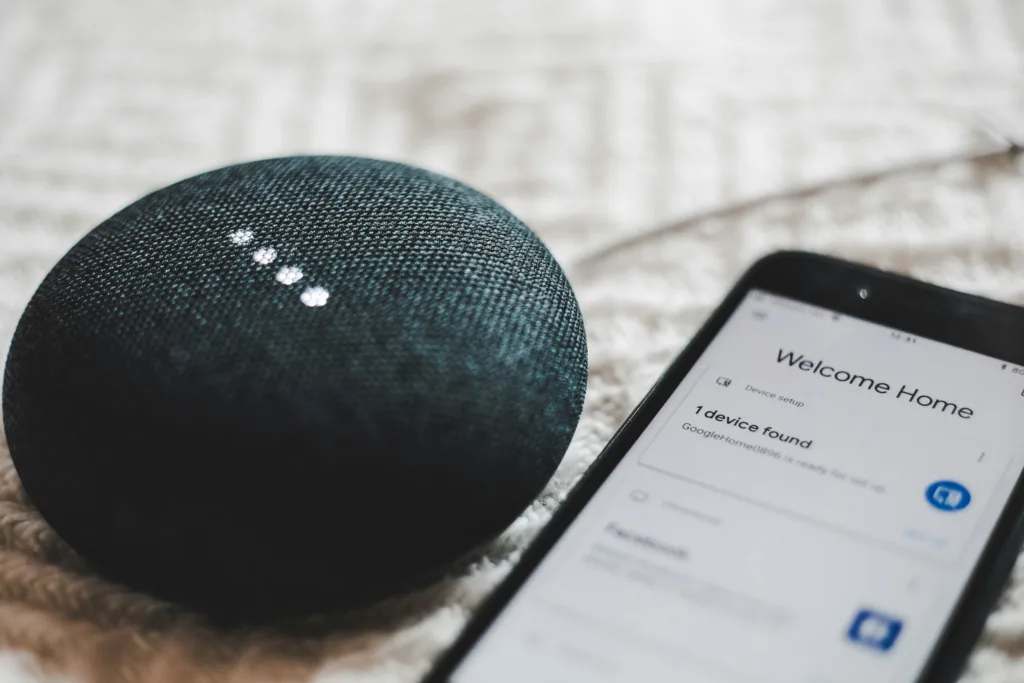Blockchain which was once thought to be only linked to the virtual monetary system, is so much more than it was defined to be. It is as such completely decentralized, transparent, and secure, which makes it suitable in most industries. This sensational article digs deeply into the practical use of blockchain, and presents detailed, relevant, and informative information on how this technology changes all industries.

1. Supply Chain Management
The application of blockchain contributes to unexampled transparency and tracking being used for the supply chain. From the analysis, it is evident that through maintaining the decentralized record of transactions, everyone in the chain gets a chance to confirm the legitimacy of products. These transparency assist in curbing fraud, control of inventory, and checking on ethical ways of sourcing.
For instance, IBM Food Trust is a product that artificially introduces supply chain management blockchain that aims at tracking shelf foods from farm to consumer. This system has been said to have cut the time taken to trace food from a few days to as little as 2 by IBM. 2 seconds, and its use helps in minimisation of risks in food contamination and in the identification of sources thereof.
2. Healthcare
Thus, blockchain is perfect for usage in healthcare since it offers only secured and immutable data records. Thus, the records of patients stored in the blockchain are always available to the intended users while at the same time assuring the integrity levels of data for unauthorized users. Thus patient information they deal with is protected and any data collected is accurate.
The real-life application of the MediLedger Project involves the use of blockchain technology in the enhancement of the pharmaceutical supply chain to eliminate fake drugs and to enhance the degrees of compliance with all relevant laws. A Deloitte report shows that blockchain can bring efficiency in data sharing with the industry ready to save between $100bn to $150bn per year by 2025.
3. Finance and Banking
Apart from cryptocurrencies, the boolean application of blockchain technology is revolutionizing traditional financial systems and conventional banking by increasing security, mitigating fraud incidents while at the same time expanding the speed of transactions. Through its decentralized system ideas, blockchain allows P2P contracting without the involvement of middlemen; thus, reducing transaction costs.
Central banks are exploring digital currencies, known as Central Bank Digital Currencies (CBDCs), to modernize financial systems. For instance, the European Central Bank is investigating the potential of a digital euro to improve payment efficiency and security. According to a report by PwC, 60% of banks are expected to implement blockchain technology at scale by 2023, which could save the industry up to $20 billion per year.
4. Real Estate
Blockchain is helping in the reformation of the real estate industry and the manner it carries out its business since it eliminates middlemen in the exchange of deeds and consequently records a transparent record of property ownership. Blockchain and smart contracts can facilitate and be used in property exchanges; agreements such as leasing can be initiated more quickly and securely on the blockchain.
Applications such as Propy utilize blockchain for international real estate sales, so all the stakeholders can validate the title and history of the property. Deloitte has pointed out that blockchain could shave between 10 to 30 percent off the overall cost of real estate transactions which is a $ 217 trillion worth market.
5. Voting Systems
Blockchain is very secure, and its complete transparency makes it a good fit for helping to update voting systems today. Blockchain-based voting guarantees vote integrity, and decentralized vote counting makes vote manipulation almost impossible, thus increasing people’s confidence in elections.
There are several examples of pilot projects that have shown the possibilities of blockchain in voting, for example, Voatz. In the 2018 midterms of West Virginia, Voatz helped military working in other countries to vote using their mobile devices thereby proving that blockchain can encourage people to vote. Technology Review of the Massachusetts Institute of Technology reports that blockchain voting could eliminate up to $8 billion in expenses connected with elections on a yearly basis.
6. Intellectual Property and Copyright
Safeguarding new knowledge or inventions and copyright management is another important issue pertinent to the modern world. In its digital form, Blockchain allows for an effective means of preserving and protecting IP rights, a strong shield that enables the creators to defend their work and get accorded the right recompense for their work.
Platforms like Ascribe use blockchain to register digital art, allowing artists to create a permanent record of their work. Similarly, Kodak’s KODAKOne blockchain platform helps photographers protect and monetize their images by providing a secure ledger of their works and tracking usage across the web.
7. Energy Sector
A new trend in the energy sector is the decentralized energy markets and better efficiency of energy trading by the use of the blockchain technology. Blockchain also facilitates the decentralized energy market since it opens the possibility for the P2P energy trading, in which clients can directly trade energy between themselves.
Ventures such as Power Ledger are steering the use of blockchain energy trading platforms where consumers could buy power from within their community. It also predicted by Gartner that the blockchain application in the energy sector can add approximately $1 trillion in terms of business value by 2030.
8. Insurance
Blockchain is also finding its way into the insurance sector through claims processing and improvement of transparency. Smart contracts can enable claims payments to be made based on certain conditions, thus cutting down on time and costs of normal claim processing.
Examples include Etherisc which is an online insurance application in the blockchain that aims at increasing efficiency of handling claims by the insurers and increasing transparency when it comes to the policyholders. Accenture’s report informs that about $45 billion a year could be slashed from the insurance industry’s expenses if blockchain is applied.
9. Education
E-credentials can be used to authenticate educational documents as the blockchain technology helps in proving the authenticity of a document. This can help curb cases of fake certificates, and more so employers and institutions can easily check on the tally of one candidate.
Currently, the Blockchain Education Network (BEN) is developing an international standard for using blockchain for digital academic credentials. Since diplomas and certificates are also kept on the blockchain, the owners can quickly and easily share the documents with employers. In a study by PwC it was discovered that blockchain can cut the cost of certifying educational documents by half and can cut billions of dollars annually from institutions.
Conclusion
Blockchain solutions have evolved significantly since its initial application as the underlining of cryptocurrency. As seen in supply chain, health, finance, real estate and more, blockchain has brought the change of the transparency, decentralization and security to a global setting by offering a new way to innovate.
By staying informed about these advancements, individuals and organizations can harness the power of blockchain to drive innovation and solve complex challenges in various sectors.







